I am looking into incorporating Google Cloud Messaging into my app. I would like to send messages to all devices associated with a user. At first, it looked like GCM's device group messaging would be the way to go. But that requires managing registration IDs and notification keys on my server. It seems like it'd be easier to use GCM's topic messaging where the topic is keyed on some shared user information like a user ID.
I intend to use GCM to send data to both Android and iOS apps. I will be sending both background "content available" (to use the Apple Push Notification terminology) messages and user-visible notifications.
What advantages are there, if any, of device group messaging over topic messaging?
